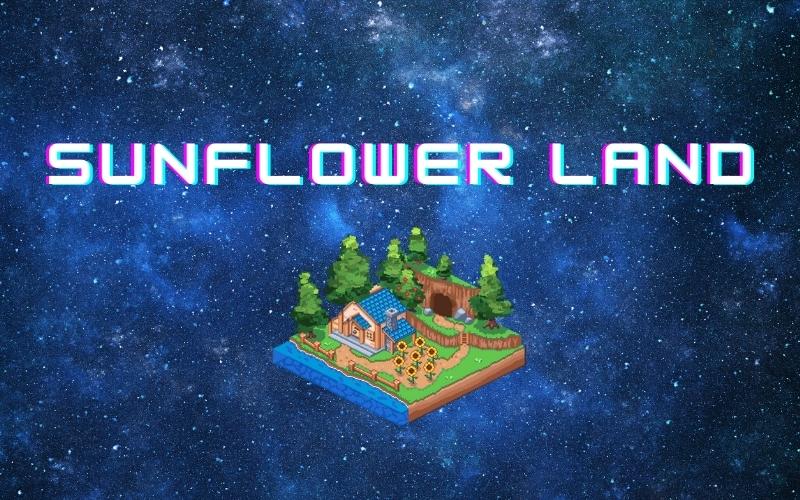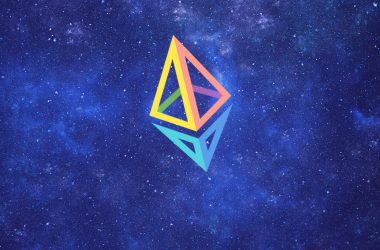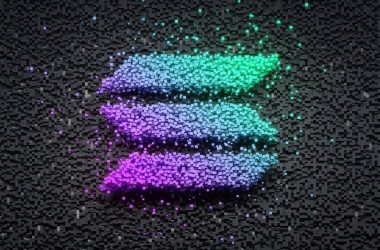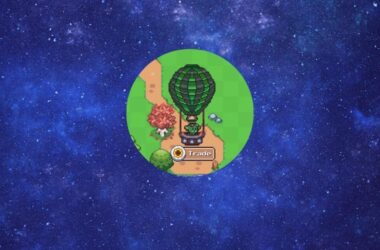- Sunflower Land introduces chicken barns, mutants.
- Fees to be fixed in USDC terms to avoid MATIC price fluctuations.
The full chicken raising mechanics are now open on Sunflower Land, with all aspects on resource sinks and buildings fully operational.
Chickens launched on June 16, and players can own up to five without a barn building, or up to 10 with a dedicated building. Now, the big competition is for getting the first rare mutant chicken. Wheat is the resource to raise and breed chickens, adding a layer of scarcity to the game.
Chickens move wheat production to eggs, rare NFT mutants and further recipes such as pancakes.
Sunflower Land to Tweak Fee Schedule
Sunflower Land accrues most of its data off-chain, with synchronization on Polygon happening once daily or every other day. The game team collects MATIC fees and has decided on a fee increase to offset the bear market.
In the past three months, MATIC fell from levels above $1.70 down to $0.37. This led to a drop in Sunflower Land initial sign-on fees and the potential to set up game accounts at rock-bottom fees.
The game team will move to a more intuitive dollar-based valuation for fees, which will still be paid in MATIC depending on the exchange rate. This will allow more secure revenues for the team, as the Sunflower Land game business model is fee-based at the moment. The game has not performed an IDO or sold an NFT collection, relying on organic growth.
Sync will cost $0.10 in MATIC, and minting a farm will have a fixed cost of $5 USD. 20% of the fees will go toward buying USDC and setting up a SFL/USDC liquidity pool. This will help the token move forward with more confident and liquid price discovery.
To curb the fees, Sunflower Land will remove regular schedules for synching, and instead allow the player when to register their NFT and balances on-chain.
SFL trades at $0.13, holding up surprisingly well during the bear market. However, SFL has limited liquidity and its price discovery may not be accurate. Sunflower Land remains one of the games attempting to build a blockchain-based sustainable model based on game resources and not pay-to-win.










